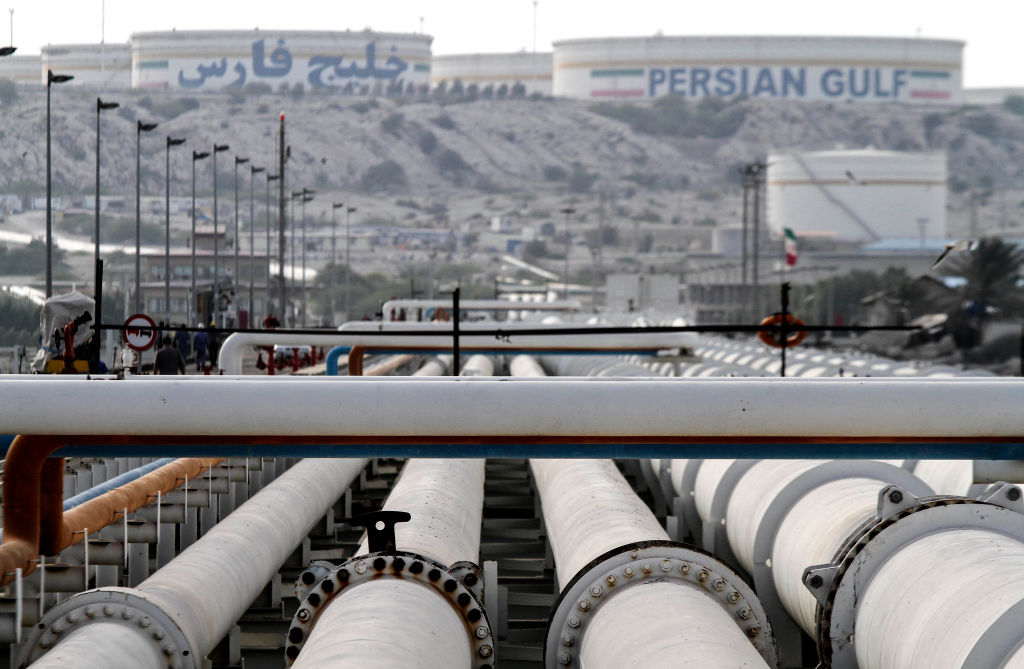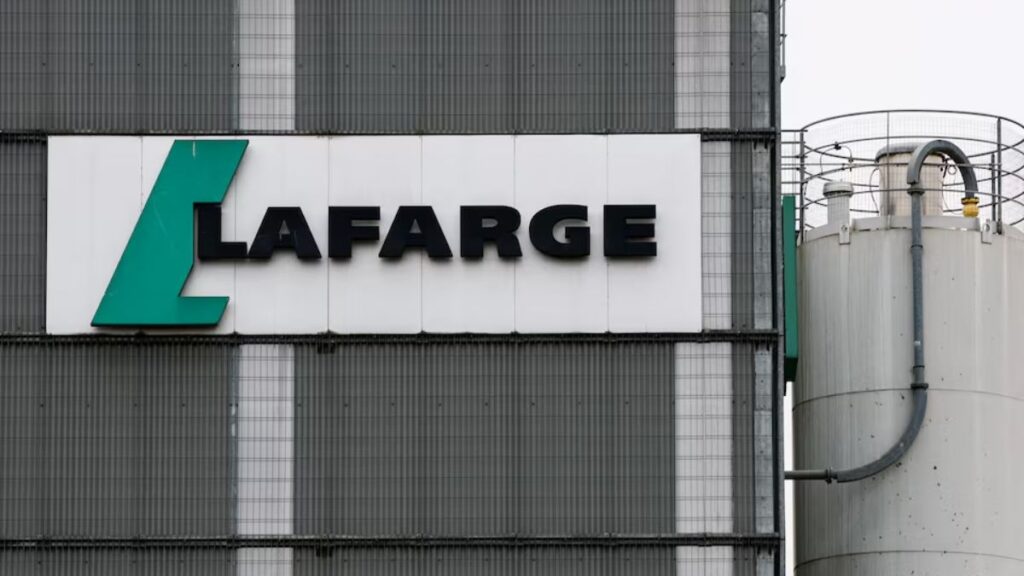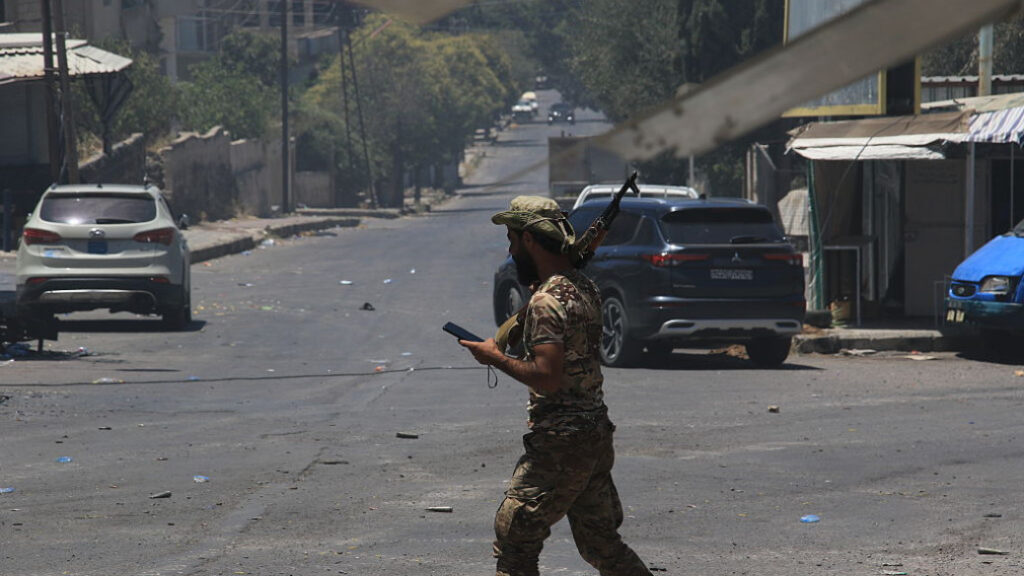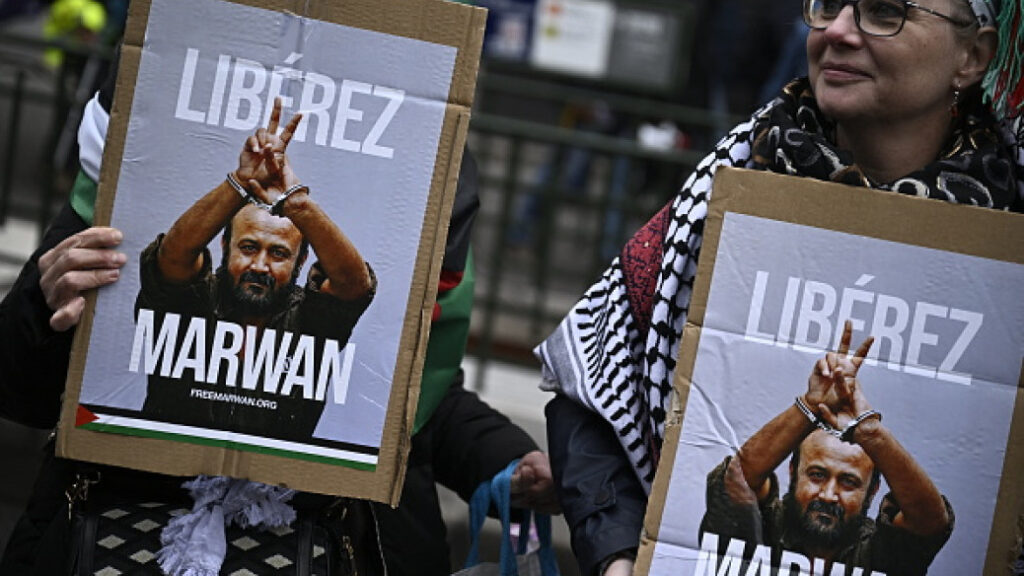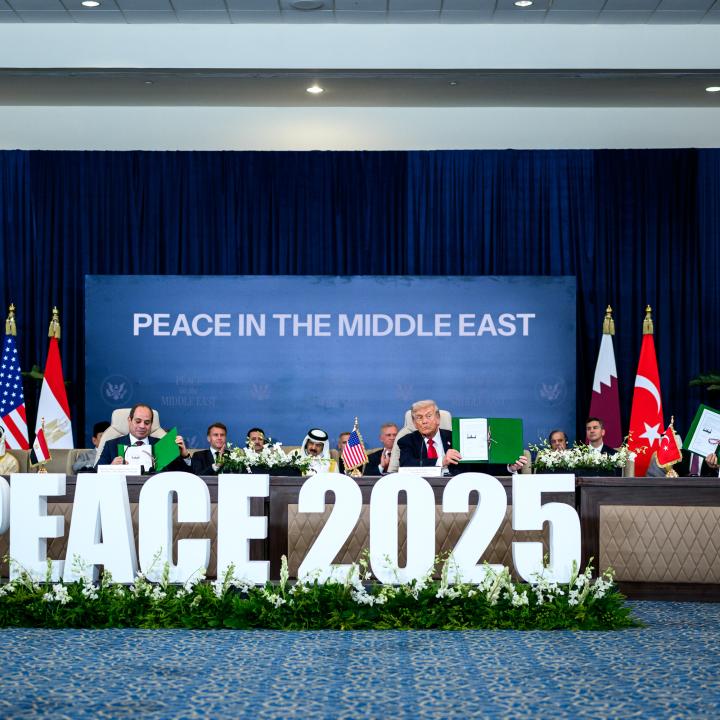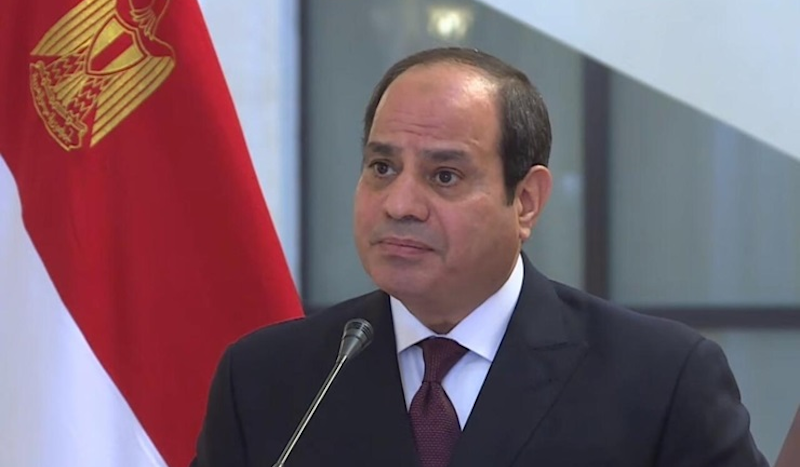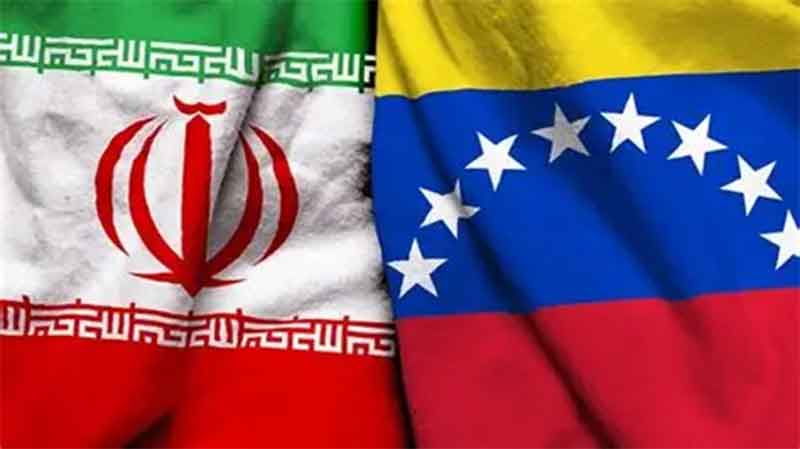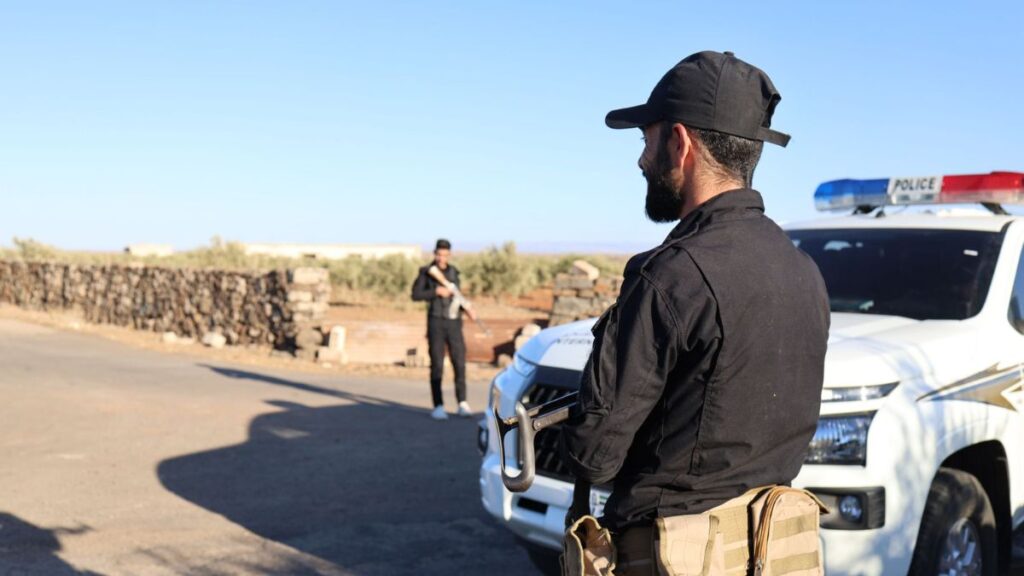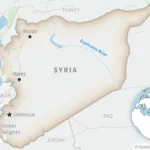
President Donald Trump said Saturday that “there will be very serious retaliation” after two U.S. service members and one American civilian were killed in an attack in Syria that the United States blames on the Islamic State group.
“This was an ISIS attack against the U.S., and Syria, in a very dangerous part of Syria, that is not fully controlled by them,” he said in a social media post.
The American president told reporters at the White House that Syria’s president, Ahmed al-Sharaa, was “devastated by what happened” and stressed that Syria was fighting alongside U.S. troops. Trump, in his post, said al-Sharaa was “extremely angry and disturbed by this attack.”
Republican Sen. Joni Ernst of Iowa said the soldiers were members of the Iowa National Guard — where she, too, once served. “Our Iowa National Guard family is hurting as we mourn the loss of two of our own and pray for the recovery of the three soldiers wounded,” she said.
U.S. Central Command said three service members were also wounded in the ambush Saturday by a lone IS member in central Syria. Trump said the three “seem to be doing pretty well.” The U.S. military said the gunman was killed in the attack. Syrian officials said the attack wounded members of Syria’s security forces as well.
The attack on U.S. troops in Syria was the first with fatalities since the fall of President Bashar Assad a year ago.
“There will be very serious retaliation,” Trump said on his Truth Social platform.
The Pentagon’s chief spokesman, Sean Parnell, said the civilian killed was a U.S. interpreter. Parnell said the attack targeted soldiers involved in the ongoing counter-terrorism operations in the region and is under active investigation.
Iowa Gov. Kim Reynolds said in a statement that the names of the deceased soldiers are being withheld until 24 hours after next-of-kin notifications are complete. “Our hearts are heavy today, and our prayers and deepest condolences are with the families and loved ones of our soldiers killed in action,” she said.
The shooting took place near historic Palmyra, according to the state-run SANA news agency, which earlier said two members of Syria’s security force and several U.S. service members had been wounded. The casualties were taken by helicopter to the al-Tanf garrison near the border with Iraq and Jordan.
Syria’s Interior Ministry spokesman Nour al-Din al-Baba said a gunman linked to IS opened fire at the gate of a military post. He added that Syrian authorities are looking into whether the gunman was an IS member or only carried its extreme ideology.
Later al-Baba said that the attacker was a member of the Internal Security force in the desert adding that he “did not have any command post” within the forces nor was he a bodyguard for the force commander.
Al-Baba added in an interview with state TV that some 5,000 members have joined Internal Security forces in the desert and they get evaluated on weekly basis. He added that three days ago, an evaluation was made for the attacker that concluded he might have extreme ideology and a decision was expected to be issued regarding his case on Sunday but “the attack occurred on a Saturday which is a day off for state institutions.”
U.S. Defense Secretary Pete Hegseth posted on X: “Let it be known, if you target Americans — anywhere in the world — you will spend the rest of your brief, anxious life knowing the United States will hunt you, find you, and ruthlessly kill you.”
U.S. officials made no reference in their statements to the gunman being a member of the Syrian security forces. When asked about the matter, a Pentagon official did not directly respond to the question but said, “This attack took place in an area where the Syrian President does not have control.”
The official spoke on condition of anonymity to discuss sensitive military issues.
The U.S. has hundreds of troops deployed in eastern Syria as part of a coalition fighting IS.
The U.S. had no diplomatic relations with Syria under Assad, but ties have warmed since the fall of the five-decade Assad family rule. Al-Sharaa, made a historic visit to Washington last month where he held talks with Trump. It was the first White House visit by a Syrian head of state since the Middle Eastern country gained independence from France in 1946 and came after the U.S. lifted sanctions imposed on Syria during the Assads’ rule.
Al-Sharaa led the rebel forces that toppled Bashar Assad in December 2024 and was named the country’s interim leader in January. Al-Sharaa once had ties to al-Qaida and had a $10 million U.S. bounty on his head.
Last month, Syria joined the international coalition fighting against the IS as Damascus improves its relations with Western countries following the ouster of Assad when insurgents captured his seat of power in Damascus.
IS was defeated on the battlefield in Syria in 2019 but the group’s sleeper cells still carry out deadly attacks in the country. The United Nations says the group still has between 5,000 and 7,000 fighters in Syria and Iraq.
U.S. troops have maintained a presence in different parts of Syria — including Al-Tanf garrison in the southeast — to train other forces as part of a broad campaign against IS, and have been targeted in the past. One of the deadliest attacks occurred in 2019 in the northern town of Manbij when a blast killed two U.S. service members and two American civilians as well as others from Syria while conducting a patrol.
